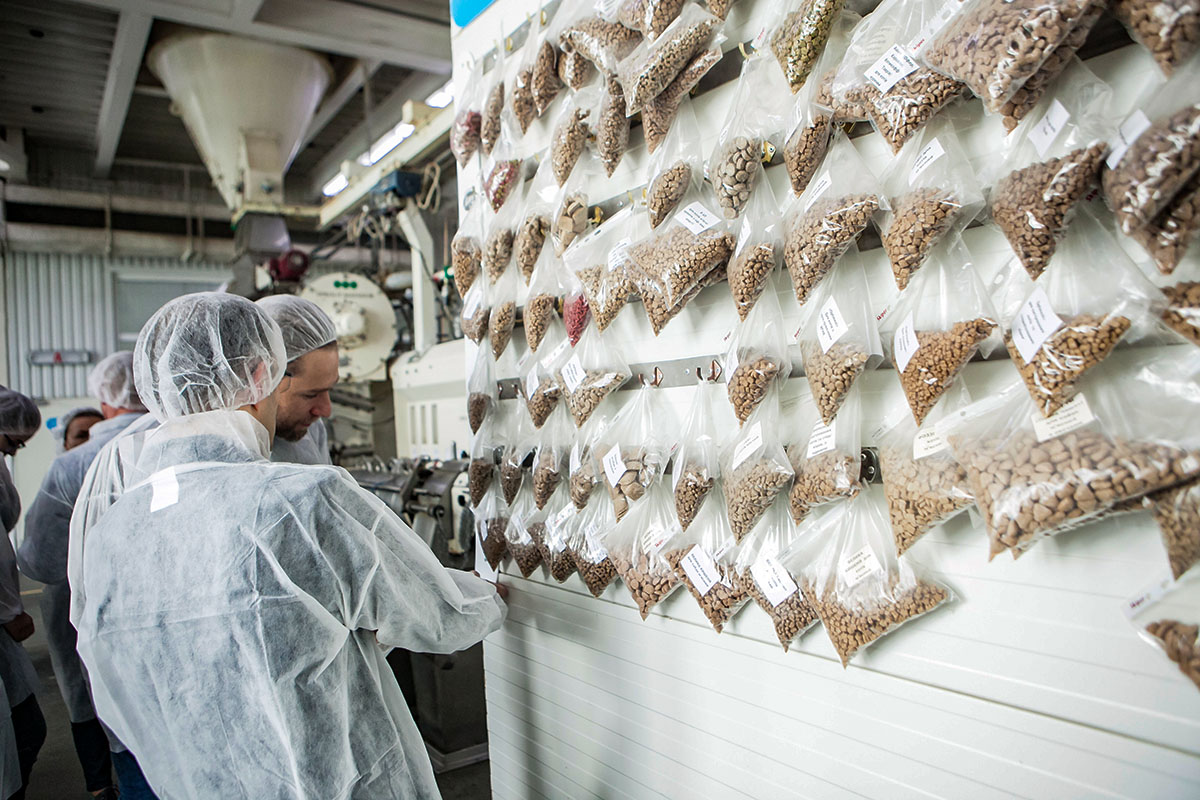A wide array of companies are capitalizing on Lviv region’s prime location to develop value-added products for export to Europe and beyond
Through the parts in your car, the juice that you drink, the clothes that you wear or even your dog’s food, chances are you have already been in contact with the Lviv region. Located on the border of Poland and around a six-hour drive from Germany, it is an increasingly attractive location for export-based companies looking to combine the economic benefits of working in Ukraine with European proximity.
“If you export from Germany to Poland or from Germany to Ukraine, the price is almost the same. Why? Because European salaries, roads and taxes are all more expensive. It is also much easier to get customs clearance of goods here than in other European countries,” said Mariya Mulyava, director of Galtrans Logistics (GTL), a Lviv-based company that provides logistics solutions to companies worldwide.
Foreign manufacturing companies have been quick to seize on Lviv region’s unique situation. German company Leoni, which manufactures vehicle components for the global market, has invested more than €65 million in its Lviv facilities since 2003, which now employ around 6,000 people.
“Western Ukraine can be a European China. We can produce products of far higher quality than the Chinese, and they could be cheaper, or at least save substantially on logistics expenses because we are in Europe,” said Rostyslav Vovk, CEO of Kormotech, a local pet food manufacturer which is seeing rapidly growing sales both nationally and abroad.

Lviv-based manufacturing companies are increasingly gaining a name for themselves around the world. Enzym, for example, the country’s leading producer of yeast having begun work in Europe in 2001, now exports around 40 percent of its total production.
“The ‘Made in Lviv’ label is a guarantee of European quality that you can turn into profit,” said Andriy Sadovyi, the mayor of the city of Lviv.